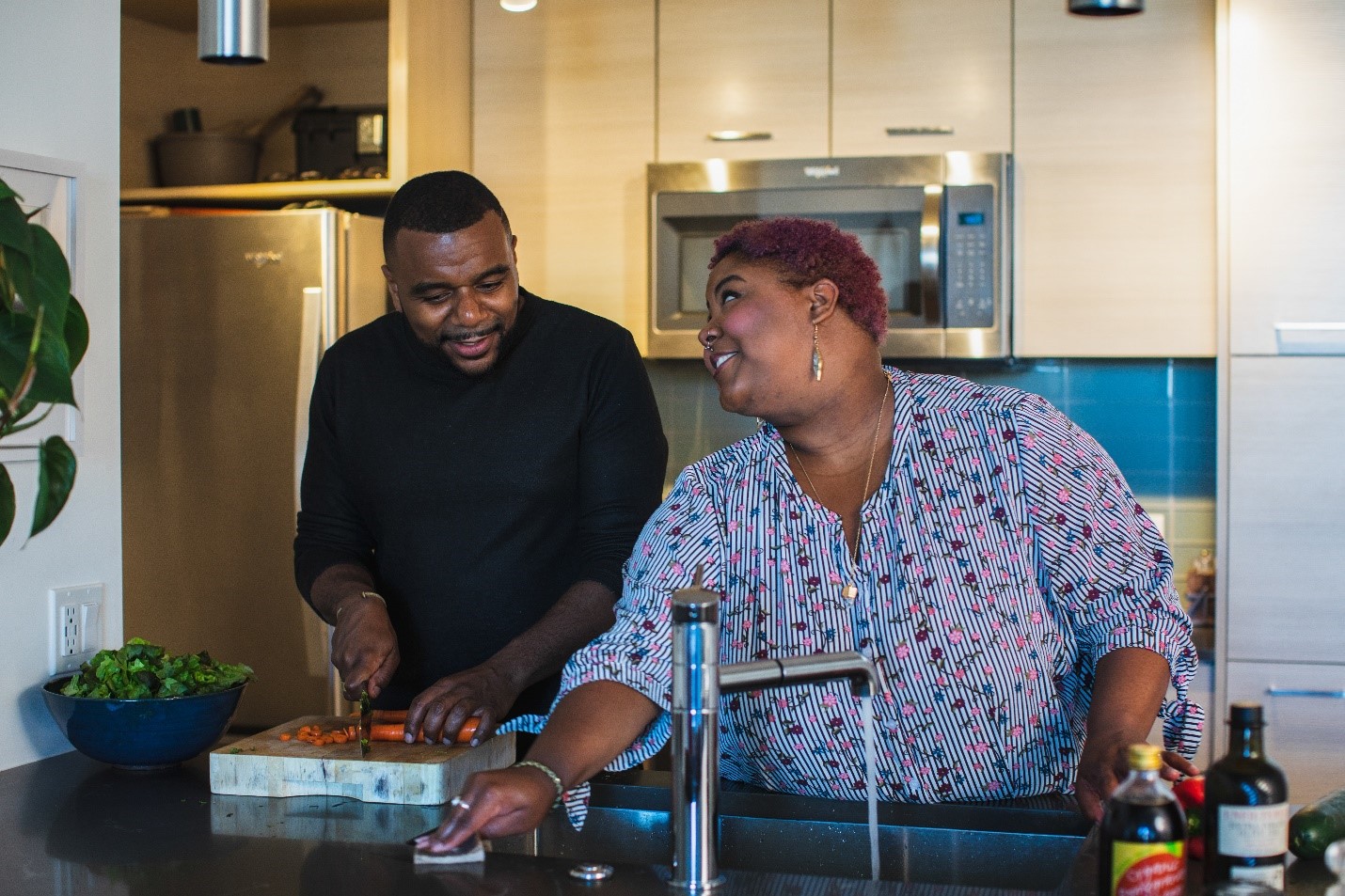When it comes to co-parenting, one of the most important parts of it is in the communication. After all, how can you effectively parent if you are not effectively communicating with your co-parent? The answer is that you can’t. To be successful in parenting you need to maintain the communication in your co-parenting relationship. In this article, we will explore why it is so important to have excellent communication.
The Benefits to the Kids
When we look at the importance of maintaining communication with your co-parent in the UK, we have to start from how it affects the kids. In the UK, family law always sides with what is in the best interest of the individual child and we know that excellent communication between parents will always be in the best interest of the kids.
Even without the law in mind, co-parents who effectively communicate can offer their kids a wide range of benefits that will have significant impact on their long term success and mental and emotional well-being.
- Models good behaviour to your children. First and foremost, managing effective communication with your other co-parent models to you kids how to communicate themselves. It also shows that even adults who are at odds at times can still communicate. This enables kids to learn how to be effective communicators themselves—skills that will help them throughout their lives.
- Helps establish predictability. Co-parents who communicate will often parent in similar ways. This means that kids have the same rules, routines, and schedules regardless of which home they are in when both of their parents are communicating and discussing setting these things. This stability between homes will reduce a lot of stress and anxiety that kids can have during separation and divorce.
- Can increase emotional well-being. Kids whose parents are communicating and not arguing have better feelings of well-being and self-worth. This is because there is less stress, they don’t feel like they are in the middle and they have parents who are consistent with them. This can help kids adjust much easier to divorce and will have long term benefits throughout their life.
As you can see, there are many different benefits for kids and it really does emphasize how important maintaining communication is.
The Benefits to You
The benefits for you, and your other co-parent, are equally important when it comes to maintaining effective communication. While you may not realize it, once you have that communication being established and maintained, you will suddenly find the benefits are affecting your life in positive ways. Some of the ways that maintaining communication with your other co-parent is beneficial for you are:
- Reduces stress. Like kids, when communication is always negative and combative, you will find yourself living with higher levels of stress. And this stress will have long term health effects on you if you allow it to continue. Maintaining healthy communication will help reduce stress because you won’t be arguing as much, if at all.
- Let’s you focus on the kids. When you communicate effectively, you can really focus on the kids when you are with them. You won’t have to worry about handoffs and possibly arguing with your co-parent. You also will have all the information you need to make sure the kids have everything they need during the visit. These are invaluable in just allowing you to enjoy those moments with your kids, especially when there are no arguments at pick up because of poor communication.
- Allows issues to be handled quickly and effectively. When you have excellent communication with your co-parent, you can deal with issues and emergencies quickly and effectively. You can meet to discuss issues or you can easily contact the other co-parent to ensure that emergencies are handled in the best ways for the kids. Essentially, communication creates a new partnership between co-parents when it comes to the kids and allows everyone to thrive in a crisis.
And those are a few of the benefits that you will experience…along with a new relationship dynamic where you and your ex-partner may even be able to parent as friends.
Quick Tips to Maintain that Communication
Finally, let’s look at a few quick tips you can do to maintain that communication with your co-parent. These are quick and easy to do and really is just about setting healthy boundaries for both of you.
- Focus on the practicalities: Things the kids need, what they have coming up and the expenses that they have. During periods when you are having a hard time communicating, focusing on those practical bits of information will help maintain your relationship.
- Add in positives: On the same line of practicalities, it is good to add some positive things to your conversations. Kids did well on an exam, share it. Saved money on an expense, let the other parent know. Positives help with a connection as co-parents and also makes the interactions about more than just things to worry about.
- Keep conversations separate from other topics: Divorce proceedings, things happening that are not related to the kids but can lead to a conflict cycle, frustrations about the other parent—those topics should be left to other ways of communicating. Instead, focus on kid oriented topics.
- Use a mediation app: A mediation app that allows you to communicate over it is a great way to keep communication open and to manage that communication when you are having a hard time communicating in person.
- Have regular meetings: This should be done every month or more but have regular meetings about holidays, what’s happening with the kids, special events and to review how the custody schedule is working. Reviewing all of these opens up natural conversations that will help your co-parenting relationship grow.
As you can see, there are many benefits for both you and your kids when you maintain healthy communication with your co-parent. And, it doesn’t have to be that difficult to maintain it. Simply follow the tips in this article and then enjoy the benefits of this very important part of co-parenting.










